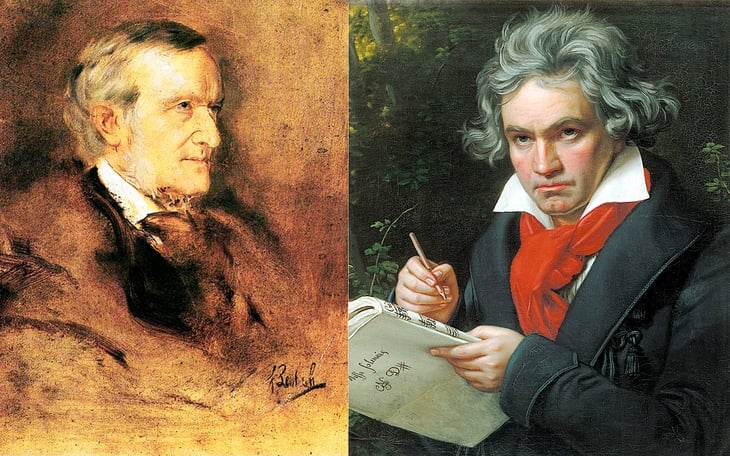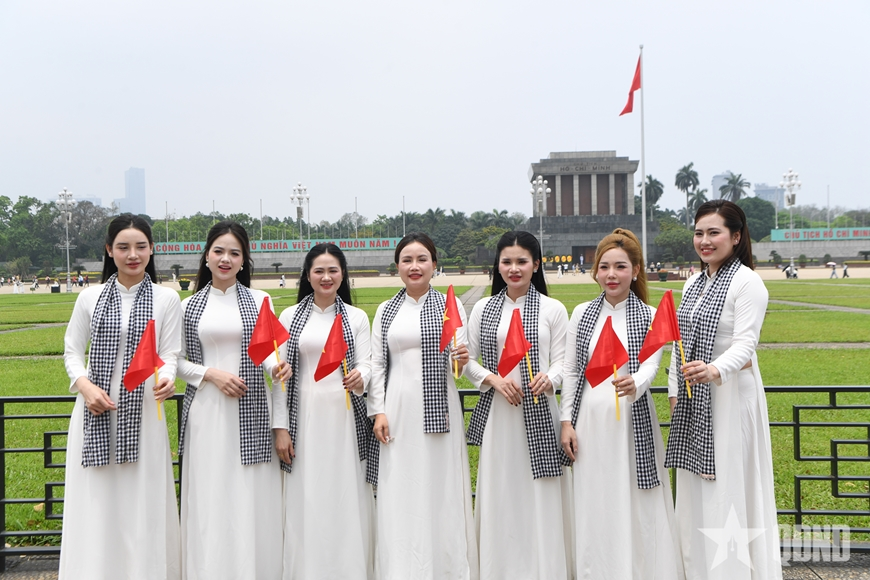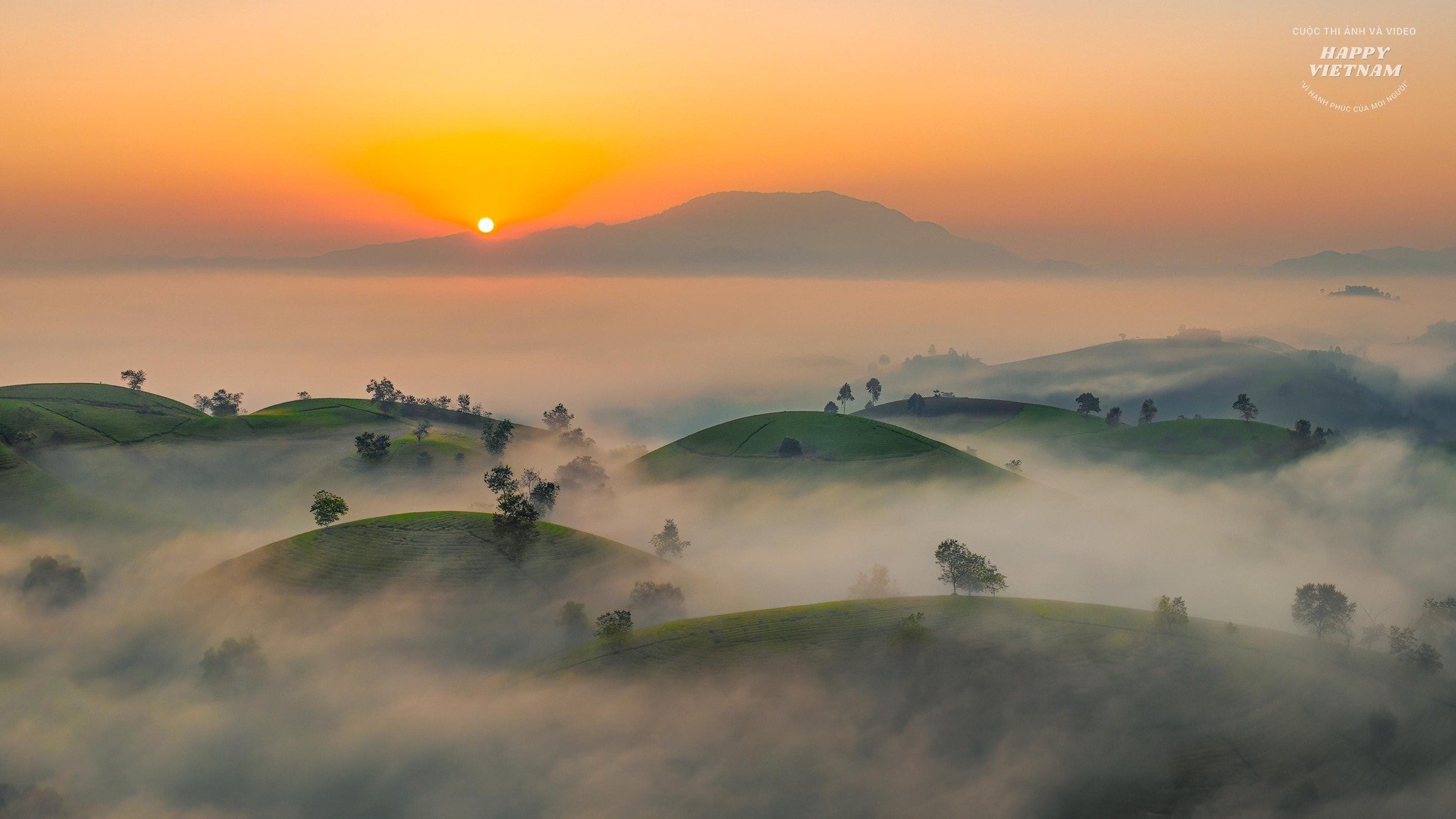
Wagner and Beethoven own the world's top 2 classical music recordings
Recently, BBC Music magazine invited critics to choose the 50 best classical music recordings of all time. It's called all time, but in reality it's only about 140 years.
Although classical music has been around for hundreds of years, it wasn't until 1888 that the first recording of classical music was made, an oratorio by Handel called Israel in Egypt .
So classical music, although called classical, what audiences hear today are all very modern performances - after all, none of us know exactly how Chopin performed his music, we can only hear it through Maurizio Pollini or Claudio Arrau.
For those who are always asking where to start learning about classical?
The BBC's rankings are a compact musical map, with extremely rich "terrains": symphonic mountains, opera forests, concerto oceans, streams of nocturnes, sonatas, etudes...; with the "patriarchs" of classical music: Yehudi Mehunin, Martha Argerich, Yevgeny Mravinsky, Glenn Gould, Maria Callas...
And unlike popular genres where people often bring politics, race, and gender into the mix to question critics' taste in music, the conservatism of classical music, which is very white and very masculine - can sometimes be a good thing when it comes to judging: the only criteria for ranking is really just the music, unaffected by the "woke" spirit, no one gets "extra points" for representing a marginalized group.
The choices seem obvious. The top two spots are both taken by the Vienna Philharmonic, with Wagner's The Ring of the Nibelung and Beethoven's Symphonies Nos. 5 and 7.
With Wagner's opera, the head of the Decca record label at the time was determined to record the performance as a sound play, creating an invisible stage in the minds of the listeners and, through the music alone, visualizing the sublime scenes, frame by frame for the epic story of how a ring corrupted both men and gods, leading to the fall of the gods.
As for Beethoven's two classic symphonies - two works that have also had so many great recordings: Leonard Bernstein's emotional version, Claudio Abbado's elegant version, Herbert von Karajan's stunning version - critics have chosen the version under the leadership of Austrian conductor Carlos Kleiber.
Kleiber rarely recorded during his lifetime. One of the most prolific conductors of the 20th century, he avoided publicity, frequently cancelling events before the day of a performance and unable to "bear the thought of an audience sitting at home with the music in their hands... noticing every mistake".
The Beethoven symphony recording is one of the few things Kleiber left for later generations or those on the other side of the world. I don't know if anyone will find any mistakes, but when listening to it, we are certainly witnessing a talent from a bygone era.
And perhaps no one would argue that the rankings ranked very high on Glenn Gould's 1955 recordings of Bach's Golden Variations or Puccini's opera Tosca with Maria Callas at her peak in the title role, the passionate, courageous but also conflicted and tragic Tosca.
They are recordings that have reshaped the original works even though they have existed for centuries.
For example, Glenn Gould's piano playing produced a fast, clear, sharp version of the Golden Variations, eliminating all the pedal's echoes to create a modern, precise, mathematical look that shocked the entire music world.
Gould, then only 22, transformed Bach's music, which was often considered too academic and usually performed only on the hapischord, into a vibrant one.
Of course, besides those inevitable choices, perhaps somewhere people will also ask: why choose Nocturne and choose Arrau and not Rubinstein or even, why are there no albums of Rubinstein...
It's okay, there is no final ranking, art is not a wrestling match to see who wins and who loses. In the end, it's just a map, to help us step into it and then draw our own map.
Source: https://tuoitre.vn/luoc-do-nhac-co-dien-140-nam-2025042009221865.htm


![[Photo] Tourists line up to receive special information publications from Nhan Dan Newspaper](https://vstatic.vietnam.vn/vietnam/resource/IMAGE/2025/4/24/3ac2c0b871244512821f155998ffdd60)
![[Photo] President Luong Cuong holds talks with Lao General Secretary and President Thongloun Sisoulith](https://vstatic.vietnam.vn/vietnam/resource/IMAGE/2025/4/24/98d46f3dbee14bb6bd15dbe2ad5a7338)
![[Photo] Prime Minister Pham Minh Chinh works with the Academy of Posts and Telecommunications Technology](https://vstatic.vietnam.vn/vietnam/resource/IMAGE/2025/4/24/83f86984b516422fb64bb4640c4f85eb)

![[Photo] General Secretary To Lam receives Philippine Ambassador Meynardo Los Banos Montealegre](https://vstatic.vietnam.vn/vietnam/resource/IMAGE/2025/4/24/6b6762efa7ce44f0b61126a695adf05d)






















































































Comment (0)